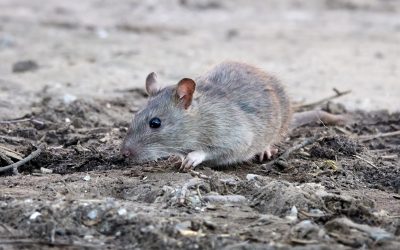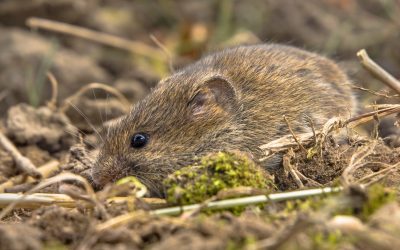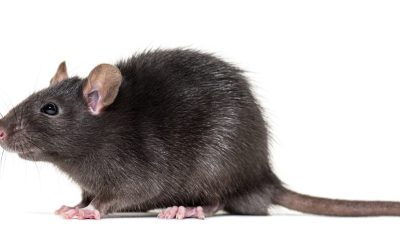Pests are an inevitable part of any home. From the common housefly to the dreaded termite, these pests can cause severe damage to your household. And they are not just annoying! Pests can transmit dangerous diseases that pose a threat to your pets. Mosquitoes, birds, rodents, spiders, and insects can harm your pets if they come into contact with them. They can also cause allergic reactions in humans. Here’s how you can avoid them and protect your pets from these harmful pests.
Keeping pets sheltered and protected from pests is the best way to keep your pet safe.
Keep cats, dogs, and other pets out of flower pots and containers. The open design allows them access to the florals and pesticides that may be incorporated into those flowers! Pests like to nest in small spaces like these where food is stored or tidied up frequently.
It is ideal to keep pets like don on their leashes indoors, so they do not chew holes in furniture, thereby creating hiding spaces for pests.
Keep dogs and cats away from areas where they can easily climb on walls or other sharp structures. Ensure that there are no water puddles in your backyard where your leave your pet to play. For feeding purposes, keep the food dish relatively clean hence preventing some unwanted pests.
Make sure you prepare a camping area out of branches and balled-up pieces of cloth for your pet, as insects tend to search even the most hidden regions inside if allowed, therefore depriving pets of any food source.
Mow your lawn regularly to keep the grass growth in check, thereby eliminating any hiding spots for pests.
Regularly spraying or washing outdoor areas can prevent fleas and lice infestations, thus ensuring pest-free living spaces. Disinfectants will kill any eggs waiting on the ground.
Maintain a clean environment and well-maintained property by having well-trained gardeners that can ideally provide personal assistance in removing invasive species or “disease-carrying” pests such as lice and ticks.
Here are some common pests that that are harmful to your pets
Mosquitoes
Mosquitoes can be annoying for pets, especially dogs and cats. Itching and inflammation due to mosquito bites in pets is a common concern among pet owners.
Dispose of any garbage, dog poop, or leaves where they belong indoors. Keep trash cans inside securely shut or in an enclosed porch with adequate ventilation. Keep house plants away from the pet’s sleeping quarters. The scent of a plant can become irritating because pets often sleep near these florals storing pollen in their fur.
Flowers that sit on tables, beds, and couches should be removed to prevent mosquito attraction or breeding! Remove all flower arrangements such as bouquets unused for more than one day.
Mice & Rats
Although rodents are small, they can still carry diseases like Toxoplasmosis, which causes severe problems for dogs and cats. Pets should limit their interaction with wild animals like this to prevent infection!
Cats and dogs tend to chase and even ingest rodents; this should be prevented at any cost as it can trigger serious health concerns, especially if the rodents are infested.
If a rat or mouse is found inside, it is imperative to clean the infestation outside your home and remove any food sources. The elimination can be difficult depending on locations and barriers so remember to take safety precautions throughout the entire process.
Fleas
Fleas are one of the common pests harmful to your pet. Fleas can cause annoyance and symptoms of flea allergy dermatitis, including itchy skin, nose problems, red eyes, etc.
Pets that suffer from flea allergies should be treated immediately as their natural environment aggravates them. If possible, train the dog or cat before leaving apartment buildings/homes, so you know they are familiar with their surroundings.
Enforce strict supervision while your pets are outside so they do not get into situations that may result in them being bitten or scratched by other animals. It is crucial to remove fleas from these areas immediately.
Ticks
Ticks are a nightmare for any pet owner. They can be a widespread pest that is found on most pets. Ticks can carry diseases, and they will cause more of a struggle for your pet if you do not get them properly treated!
Ticks are hard to detect because of their small size, and it will take some time before they start causing problems in an animal host. There are different strategies when testing for this issue, such as checking the pet’s fur, examining their mouthparts, etc.
Ticks are tiny pests that each have 6 or 8 legs (depending on how big they are). While ticks get bigger over time, their host will not get more symptoms unless the pet is already infected!
Pets are vital members of the family. You need to take extra care to ensure that they are safe from pests and other dangers. This is a challenging task, but not impossible. You need to have patience and the proper knowledge of protecting your pets from pests and other threats. It’s also important to keep an eye out for signs of infestation, such as dead insects or animal droppings on your carpet or in your house.
The best way to keep pests out of your home is to invest time and effort in preventing them from entering the premises in the first place. You can also try regular pest control inspections, sealing cracks, crevices, and other potential pest entry points to your house. But if you are still unable to control pests, don’t hesitate to contact us to help you with this problem!





0 Comments